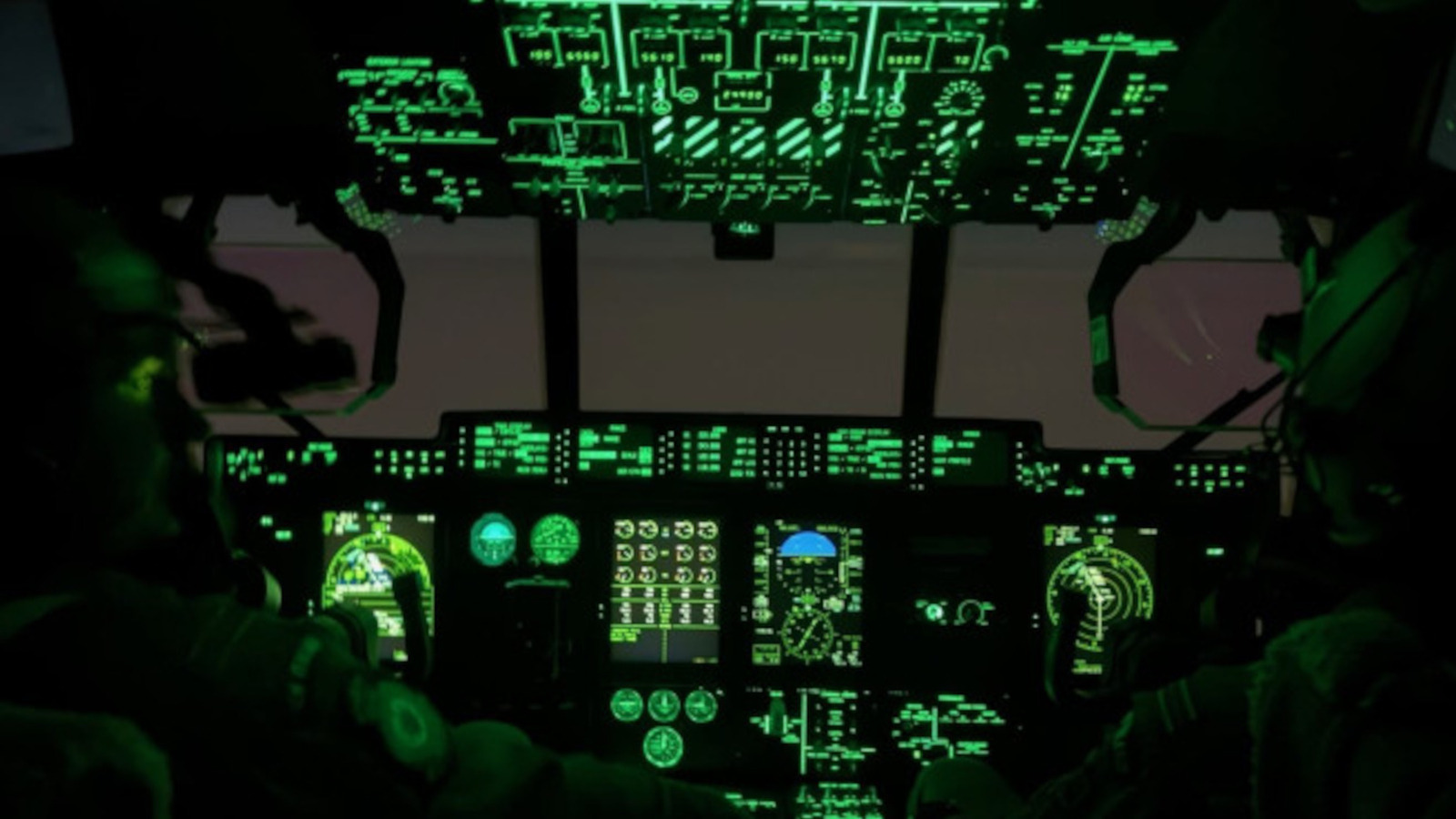
Flying through brutal weather in the permanent night of an Antarctic winter, the Royal New Zealand Air Force (RNZAF) successfully rescued three personnel from America’s McMurdo Station in the southernmost continent. In a statement, the New Zealand Defence Force said that one of the Americans needed urgent care and the other two required medical attention. There’s been no word on what caused three people to need help simultaneously (America’s Office of Polar Programs hasn’t published any news at all since Donald Trump returned to office), but it sounds pretty serious. Their only hope was to be flown out in the harshest conditions imaginable. Kiwis may be flightless birds, but they pulled this one off.
While the C-130J Hercules and its crew in Christchurch were prepped and ready for the mission as early as Sunday, relentless weather meant the flight couldn’t even be attempted until Tuesday, which must have been an eternity to the people in need. But even forecasting the weather is hard, since the conditions are extreme this time of year and change rapidly.
It’s always hard to get to Antarctica, but this was something else. If something were to go wrong with the plane, there aren’t even any airfields to bail out to past a certain point. This is a 20-hour round trip. The temperature at ground level at McMurdo dipped as low as -11 Fahrenheit on Tuesday, to say nothing of the temp at cruising altitude. There was no room for error.
Getting out from the bottom (of the world)
McMurdo’s Antarctic Program Winter Team had their own work to do. There’s no permanent landing strip at the station, so they needed to carve out an ice runway just before the plane arrived in harsh conditions, all while their friends were in serious jeopardy.
Everyone brought their A game to this one, as the Hercules arrived unscathed on a brand-new ice strip. The patients were rushed onboard while the plane was hot refueled, meaning the engines were kept on. They were received by a military medical team in the world’s biggest, coldest, and most southerly ambulance.
Patients, crew, and plane are all back in Christchurch now. The Americans are getting the treatment that Antarctica couldn’t provide. Cheers for all involved here; that could have been a tragedy. Instead, it’s a triumph.
This isn’t the first aerial rescue from McMurdo this year: in February, a 60-year-old man suffered a major heart attack and had to be evacuated by a joint mission of the RNZAF, U.S. Air Force, Wyoming Air National Guard, and New York National Guard, per Air and Space Forces. Hopefully the station is just having a run of bad luck, and this isn’t a sign of worse safety problems.

